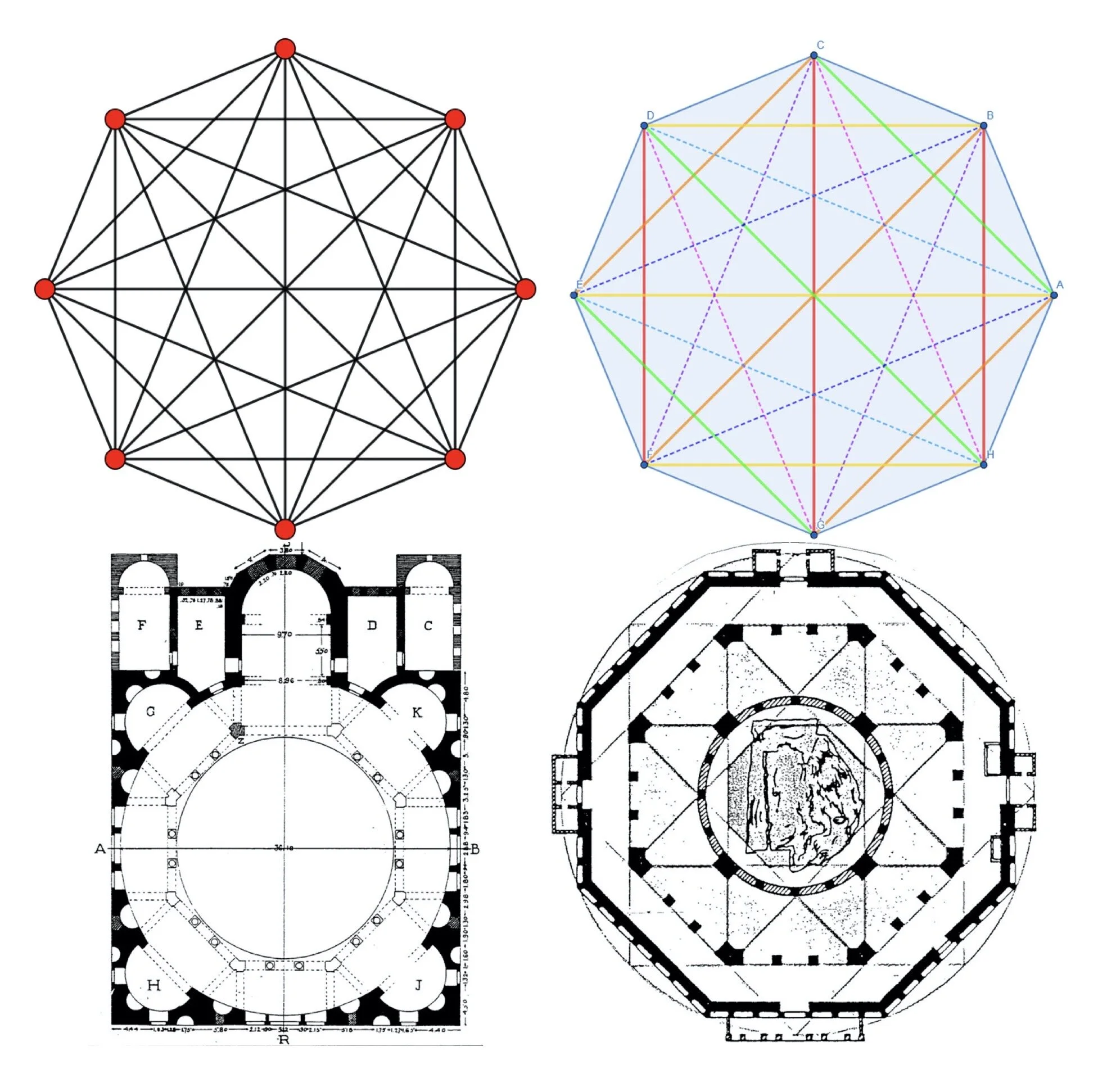The Power of Four
I offered this course in 2020. I’m currently reworking its materials and I don’t know when I’ll offer it again.
An innovative approach to using groups of four words, concepts, or processes to organize your thinking and liberate your creative energies. Eight online seminars of two hours each, 16 hours total.
Live talk, practical exercises individually and in small groups, video clips, documents, workbook.
Suggestions, questions, requests? Please email me.
The Power of Numbers
Numbers Tell a Story
The Power of Four
Four-part Processes
Personality Types: A Game
The Quaternity I
The Quaternity II
The Octernity: A Double Quaternity



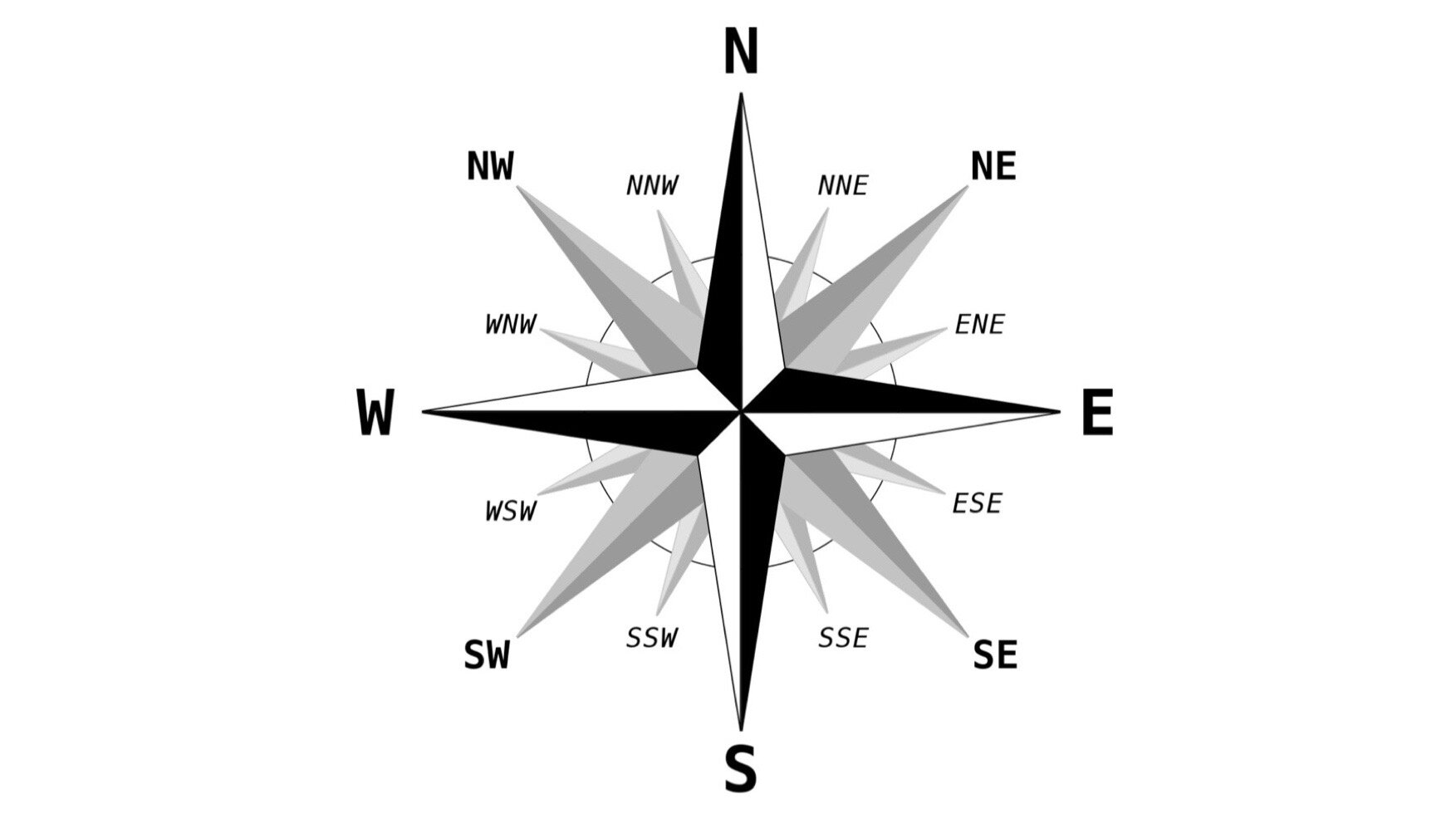
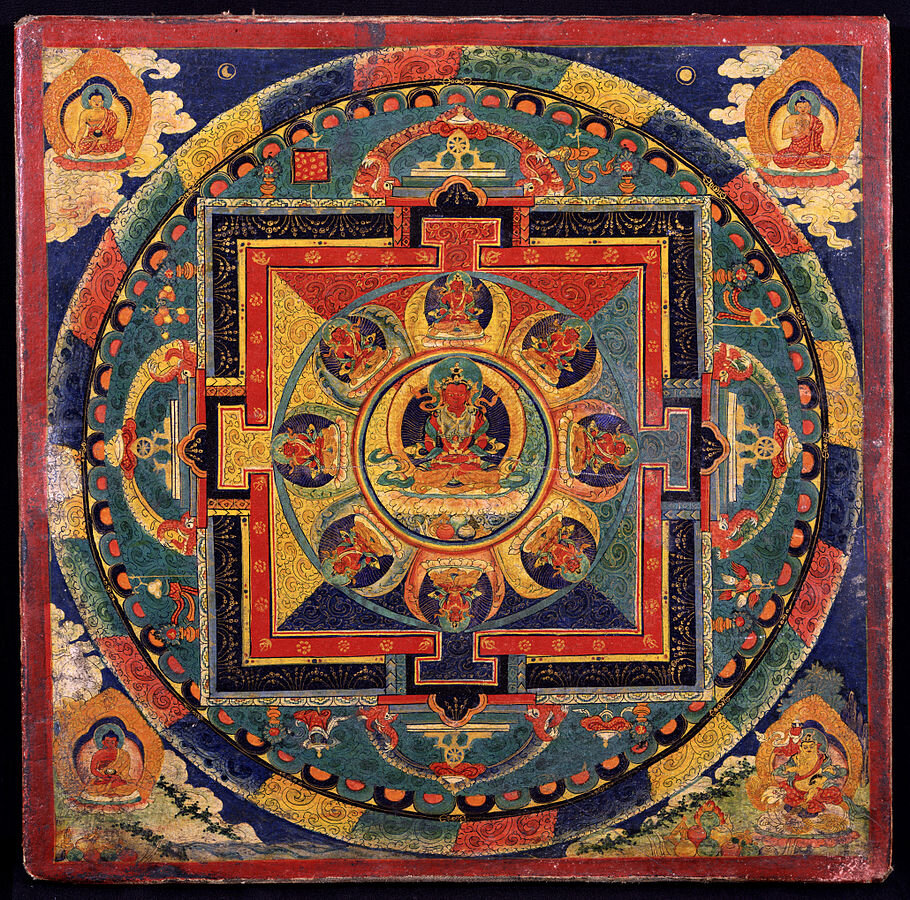

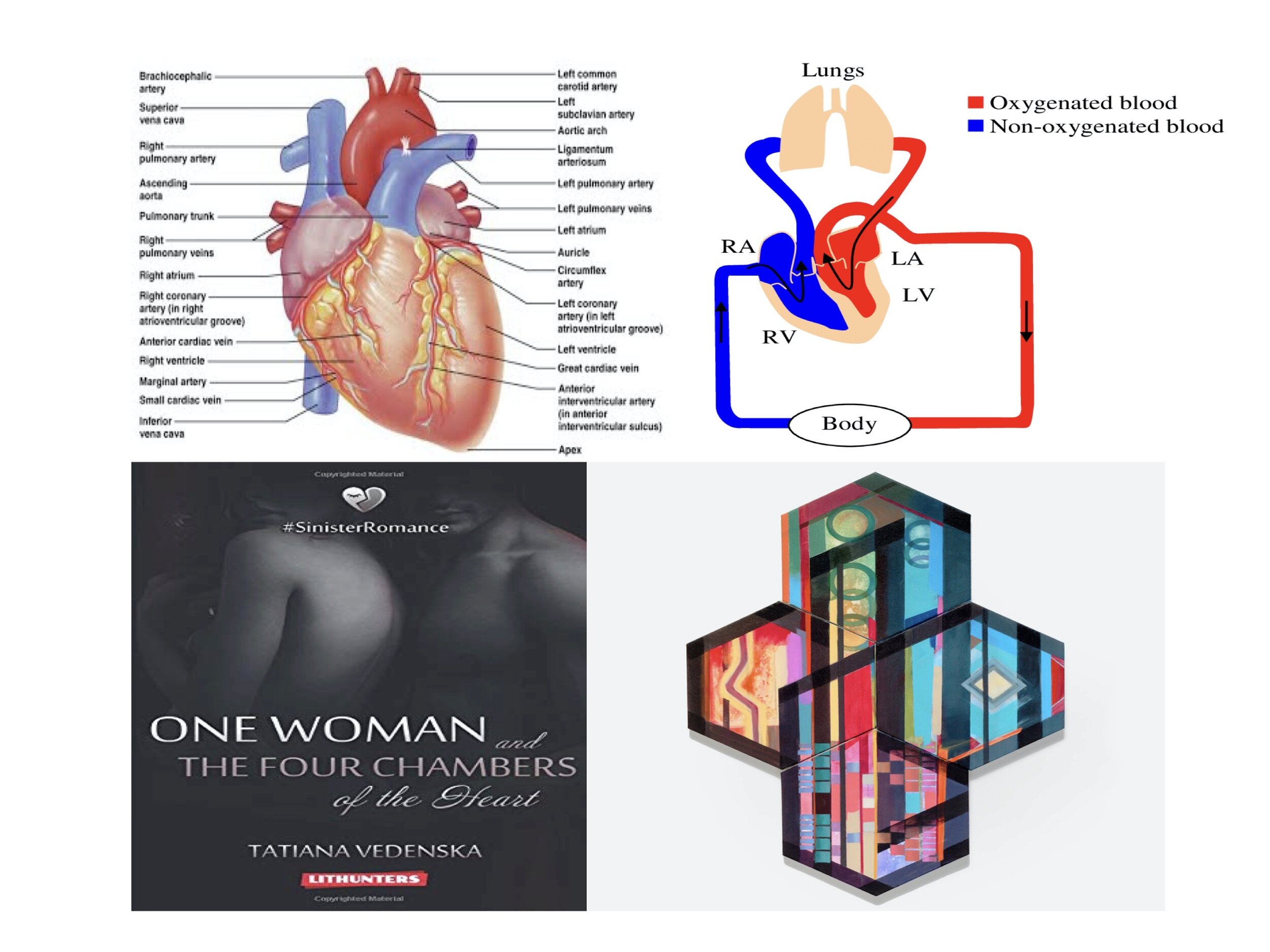
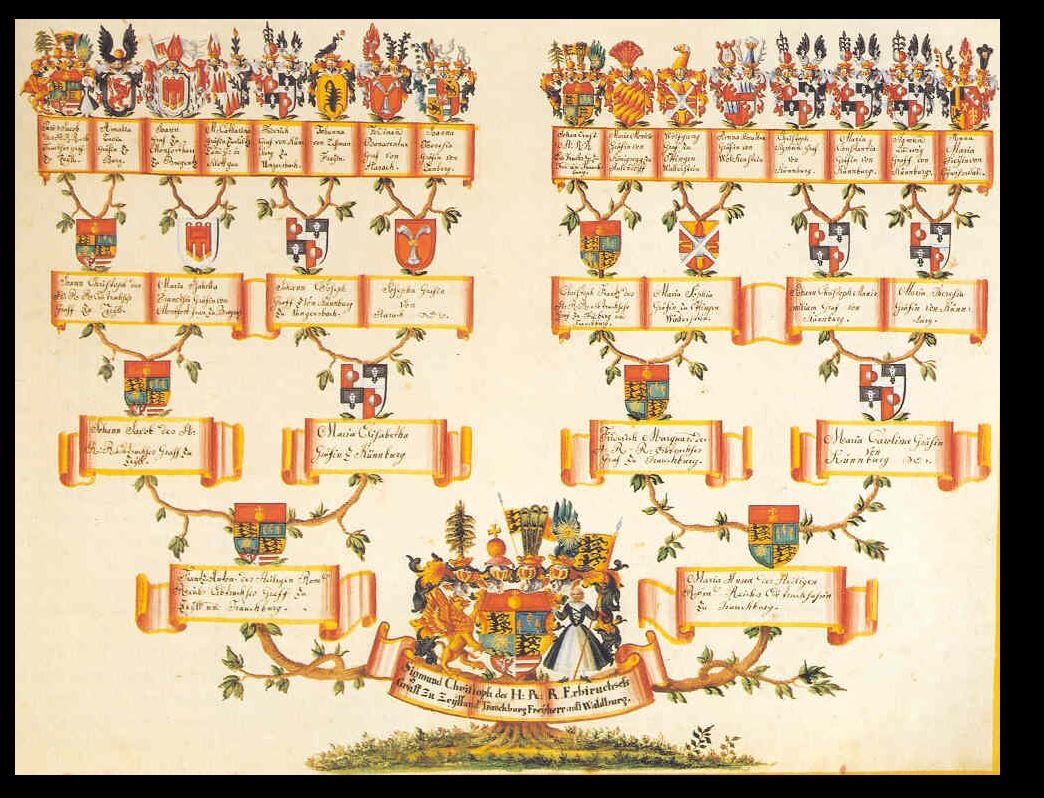
What is it about? Starting with an overview of the presence of numbers in our daily lives, we’ll focus on the number four (4) and its practical uses in helping us develop patterns of intelligence and creativity.
Who is it for? Anybody interested in deep self-exploration. Anybody interested in bridging practical matters of daily life and timeless spiritual truths. Anyone interested in words, numbers, storytelling, and humor. Writers, musicians, artists, teachers, healers, and public speakers. Limited to eight participants.
How is it organized? Eight online segments of two hours, for a total of 16 hours.
How much does it cost? €480.
What can I expect to learn?
An appreciation of how our deeply held feelings for numbers develop from our bodies
An appreciation of numbers as essential story elements
An appreciation of the power of the number four (4) in multiple manifestations
A practical understanding of the play of opposing forces in words and concepts
The ability to organize, display, and share vital information
The ability to receive insights and intuitions triggered by organized information
Enhanced communications skills (verbal, aural, and visual)
Enhanced use of playfulness, humor, and storytelling
Enhanced imagination at the service of enhanced knowledge
A new approach to help you understand and celebrate your individuality
Tools to observe, diagnose, and reframe (or solve) existential problems
A wealth of life and work principles, taking you toward creative integration
The capacity to help other people employ the Power of Four in their lives
Suggestions, questions, requests? Please email me.
The Program
1. The Power of Numbers
Deep inside our bodies, before birth and from birth onwards, we are built of numbers. And our minds and souls, too, are guided by numbers: witness the Holy Trinity, Buddhism’s Four Noble Truths, the 99 Names of Allah . . . In this segment we’ll become of the numbers in our bodies and our whole selves.
2. Numbers Tell a Story
The Three Musketeers. The Seven Samurai. Ali Baba and the 40 Thieves. The 101 Dalmatians . . . Everywhere you look, stories are build of numbers. “I’m the third of five children.” “I was twelve when I took my first cello lesson.” “It was in 1972, a remarkable year.” To speak about ourselves is to hint at the important numbers of our lives. In this segment we’ll ponder the presence of numbers in all types of narrative, both personal and collective.
3. The Power of Four
Each number has its power, its symbolic dimension, its mystique, and its practical uses. The number four (4) is particularly meaningful in everyone’s lives: the four seasons, the four cardinal points, the four temperaments, the four Gospels. The list goes on and on. Why? In this segment we’ll look deeply at the number 4 and its integrative possibilities.
4. Four-part Processes
Suppose you give yourself a task. Then you clear your mind, organize the unfolding of the task, and finally perform it. This is an example of a four-part process; in this case, “goal, focus, direction, performance.” In this segment we’ll study a wealth of four-part processes that you can employ to clarify your personal, professional, and existential habits.
5. Personality Types: A Game
From time immemorial, men and women have attempted to understand their identities: what makes them unique, what makes them similar to other people, what makes them different from other people. Early typologies included the four elements: earth, water, air, fire; and the four temperaments, related to the elements: melancholic, phlegmatic, sanguine, choleric. Over the centuries, human typology carried on developing, for good and for ill, and inevitably following numerical patterns. In this segment we’ll catch an overview of personality typologies and we’ll learn a new tool which I call un-Type: a way for you to see yourself in free from the tyranny of prescriptive typologies . . . and yet organized to a numerical pattern!
6. The Quaternity I
The Quaternity arranges two pairs of related words into a cross-like pattern similar to the four cardinal points. An example is the four words “confidence, modesty, insecurity, arrogance.” Arrayed into a quaternity, these words create a territory that invites deep thoughts and feelings. In this segment we learn how it works. The quaternity is revealing, challenging, and profoundly useful. I have written about it some time ago. Click here to read a brief essay.
7. The Quaternity II
In this segment we’ll practice the art of the Quaternity in multiple examples and variations.
8. The Octernity: A Double Quaternity
What happens when you put four pairs of related words into a distinctive pattern? A double quaternity, which we’ll call an octernity. Eight related words, playing one against the other, will help you understand situational problems and make life-affirming decisions.
